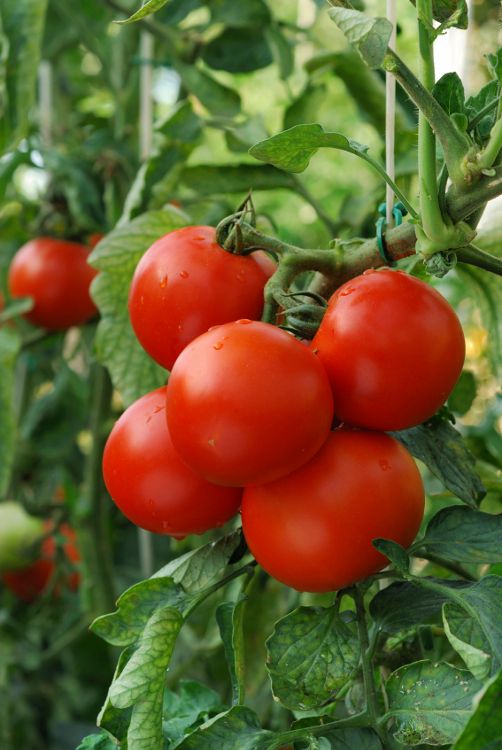Lycored expands its tomato-based lycopene production
Lycored expanded its tomato-based lycopene production following a three-year multi-million-dollar investment in new lines, equipment, and process and supply optimization strategies.
Photo © iStockphoto.com/fotokostic

Lycored expanded its tomato-based lycopene production following a three-year multi-million-dollar investment in new lines, equipment, and process and supply optimization strategies. Central to this expansion is its carotenoid formulation capabilities, driven by its new formulation facility in Branchburg, NJ, which will increase its current formulation capacity and support expansion and supply into additional markets.
“The expansion of our lycopene production follows a period of strategic equipment investments and improvements in tomato usage during key harvest periods,” said David Hebel, senior vice president of operations at Lycored, in a press release. “These changes will ensure that we have the expertise and the capacity to meet the needs of our customers across the health, food, and beauty ingredient industries.”
To provide higher product availability at different times of the year, the company also plans to further expand its seasonal capacity by working with a third party in the Southern hemisphere.
Lycored’s growing capacity will harvest possibilities in health and food applications, including plant-based products and beauty-from-within formulations.
“Demand for ingestible skincare ingredients is higher than ever and continues to grow as clean label and minimal waste become prerequisite,” Hebel said. “As manufacturers and developers look to capitalize on these trends, we are ready with our portfolio to support their projects.”
HHS announces restructuring plans to consolidate divisions and downsize workforce
Published: March 27th 2025 | Updated: March 27th 2025According to the announcement, the restructuring will save taxpayers $1.8 billion per year by reducing the workforce by 10,000 full-time employees and consolidating the department’s 28 divisions into 15 new divisions.










